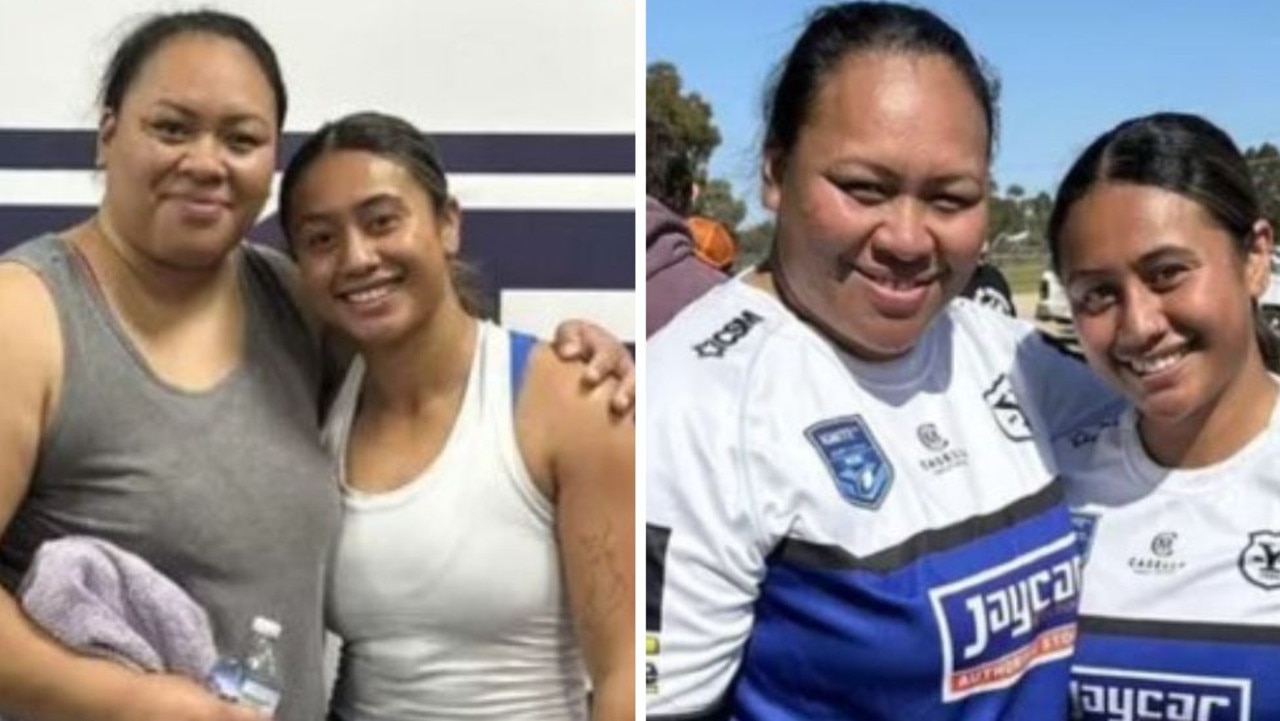Doctor reveals if it’s bad to exercise on an empty stomach
An Aussie doctor has revealed the best time to eat when you’re planning a workout, as well as the perfect food to maximise gains.

Fitness
Don't miss out on the headlines from Fitness. Followed categories will be added to My News.
Welcome to Ask Doctor Zac, a weekly column from news.com.au. This week, Dr Zac Turner explores whether it’s a good idea to eat before a workout.
QUESTION: Hi Dr Zac, my girlfriend calls me weird because I exercise on an empty stomach. I used to eat something small before exercising, but I once heard Conor McGregor say he always exercises hungry because it makes him work out better. My girlfriend thinks I am wrong, and am hurting my gains. Should I exercise on an empty stomach? What should I have before and after exercising? Should I drink a protein shakes? – Sam, 35, Cottesloe Beach, WA
ANSWER: Nutrition and timing can significantly impact your workout performance and recovery. Let’s dive into the science behind exercising on an empty stomach, what to eat before and after your workout, and whether protein shakes are worth it.
Exercising on an empty stomach, often referred to as fasted cardio, is a topic of much debate. If you’re trying to gain muscle – please take note. Some studies suggest that working out in a fasted state can help your body use fat as a fuel source more effectively. For those looking to lose weight, this might be a benefit. Fasted exercise might also improve insulin sensitivity in some people.
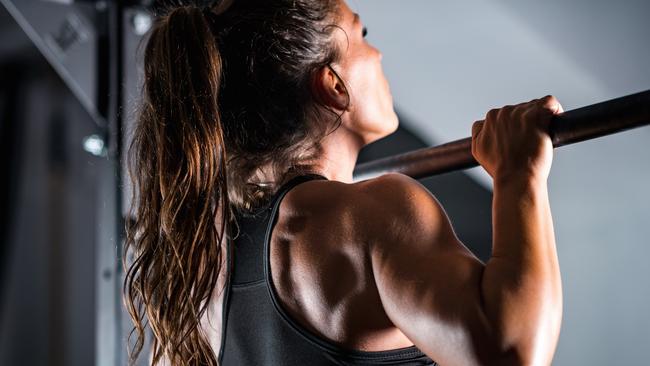
On the flip side, exercising on an empty stomach can lead to decreased performance, reduced muscle mass and increased fatigue, especially for high-intensity workouts. Without readily available fuel, your body might struggle to perform at its best, and you might not have the energy you need for a productive session.
Protein shakes can be a convenient way to meet your protein needs, especially if you struggle to get enough protein from whole foods. A protein shake can be an effective and quick option to kickstart muscle recovery after a workout. Look for shakes with a balanced protein content (20-30 grams) and minimal added sugars.
While protein shakes are useful, try to prioritise whole foods for your protein intake. They offer additional nutrients and benefits that shakes alone might not provide.
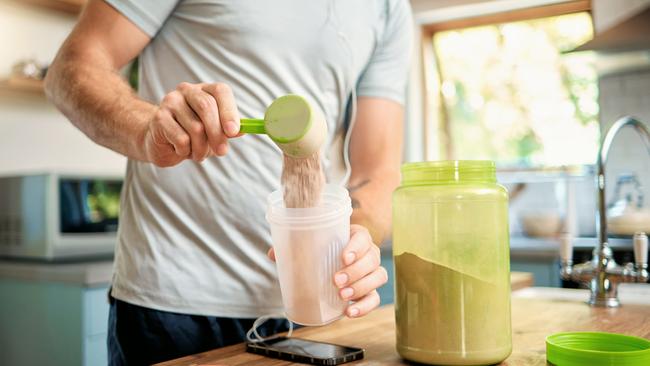
Pre-workout
The right pre-workout meal or snack can fuel your performance and make your workout more effective. Aim to eat a balanced meal about two to three hours before exercising. If you’re eating closer to workout time (30-60 minutes before), opt for a lighter snack.
Carbs provide energy for your workout. Choose whole grains, fruits or vegetables. A moderate amount of protein helps with muscle repair and recovery. Consider sources like yoghurt, eggs or lean meats. Try eating a banana with a small amount of almond butter, Greek yoghurt with berries or a slice of wholegrain toast with avocado and a poached egg.
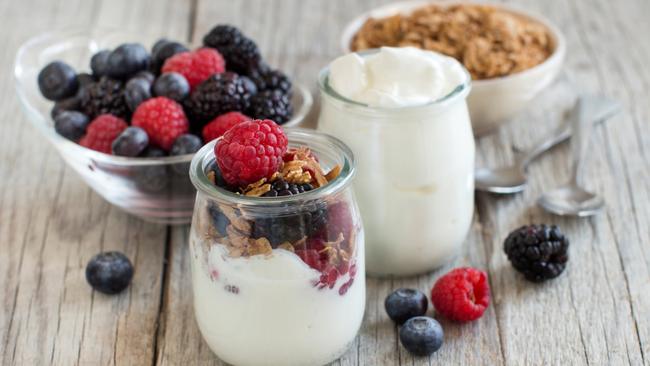
Post-workout
If you love working out, what you eat directly afterwards could supercharge your gym efforts, or minimise all the hard work you just exerted.
What you do now is crucial for recovery and muscle repair. Try to eat within 30-60 minutes of exercising to replenish glycogen stores and support muscle recovery.
Protein is essential for muscle repair. Aim for lean sources like chicken, fish, tofu or legumes. To restore glycogen levels from carbohydrates, include whole grains, fruits or vegetables. Rehydrate with water or an electrolyte drink if you’ve had a particularly intense workout, and grab a smoothie with spinach, fruit and protein powder, a grilled chicken salad with quinoa or a whole grain wrap with turkey and veggies.
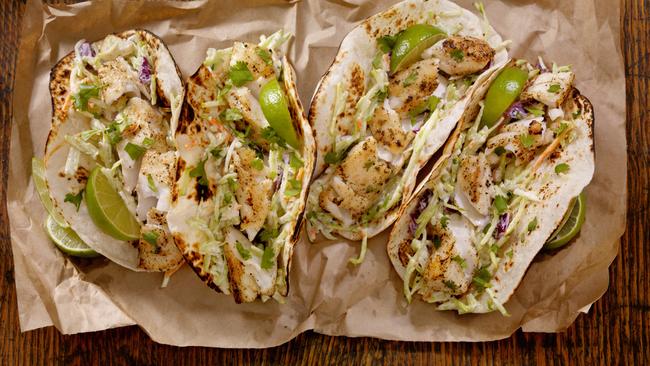
Ultimately, whether you choose to exercise on an empty stomach or not depends on your personal goals and how your body responds. For most people, a balanced pre-workout snack and a nutritious post-workout meal will enhance performance and recovery.
Protein shakes can be beneficial, but they should complement a diet rich in whole foods.
Remember, everyone’s body is different, so it might take some experimentation to find what works best for you.
Listen to your body and adjust your nutrition and workout routine based on how you feel and your specific goals. Happy exercising.
Got a question? Emailaskdrzac@conciergedoctors.com.au
Follow Dr Zac on Instagram
Dr Zac Turner is a medical practitioner specialising in preventive health and wellness. He has four health/medical degrees – Bachelor of Medicine/Bachelor of Surgery at the University of Sydney, Bachelor of Nursing at Central Queensland University, and Bachelor of Biomedical Science at the University of the Sunshine Coast. He is a registrar for the Australian College of Rural and Remote Medicine, and is completing a PhD in Biomedical Engineering (UNSW). Dr Zac is the medical director for his own holistic wellness medical clinics throughout Australia, Concierge Doctors.
Originally published as Doctor reveals if it’s bad to exercise on an empty stomach




